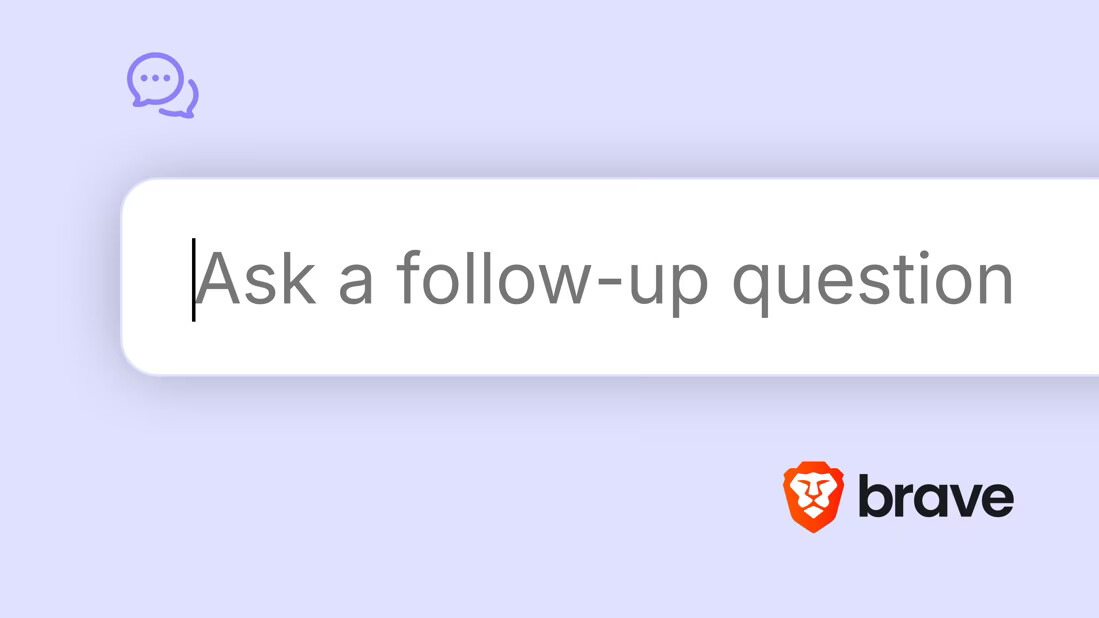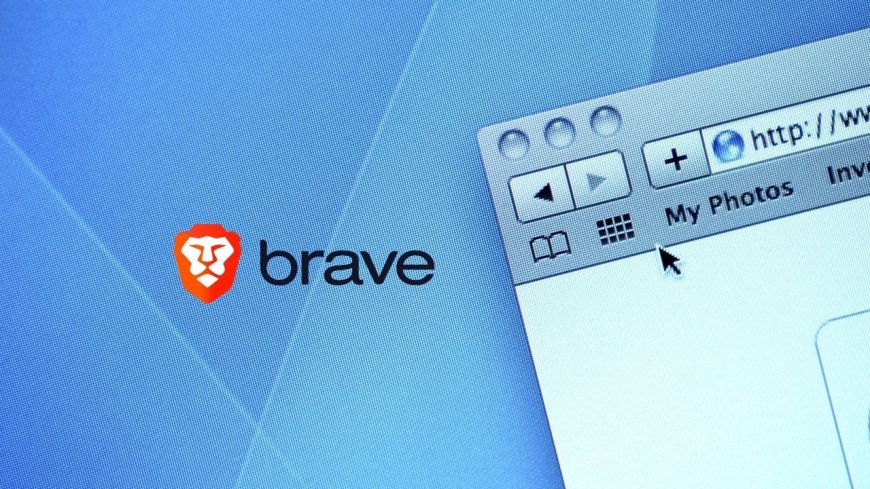Brave has introduced an innovative conversation mode in its search engine, enabling users to ask follow-up questions based on their initial queries. Announced on Thursday, this feature builds on Brave’s earlier “Answer with AI” summaries, which provide clear, concise responses above search results. Now, users can engage further with the topic via a conversation box integrated into the AI summary.
Read also: OpenAI empowers teachers with free AI training course
Brave’s unique search experience
This conversational functionality differentiates Brave from Google, the world’s largest search engine. While Google offers “AI Overviews” similar to Brave’s “Answer with AI” summaries, Google requires users to start a completely new search to dive deeper into a topic. Brave’s approach provides a seamless way to ask follow-up questions, eliminating the need to restart the search process.
For instance, searching “Christopher Nolan films” on Brave Search generates a list of Nolan’s best-known works alongside an AI-generated summary of the director’s career. Beneath the summary, users will now find a chat box labelled “Ask a follow-up question.” You can ask, “Which actors appear most in his films?” and receive a detailed list of actors frequently featured in Nolan’s movies. The chatbot even highlights the sources it uses, adding a layer of transparency to the interaction.
Blending Brave’s Search and Chat tools
Brave’s new experience bridges the gap between traditional search engines and AI chatbots. Search engines excel at retrieving information, images, and links, while AI chatbots are adept at contextual exploration through relevant questions. By combining these two strengths, Brave offers a holistic approach to information retrieval and exploration powered by a mix of proprietary and open large language models (LLMs).
Read also: ChatGPT becomes a full-fledged search engine with web integration
With this feature, Brave emphasises its commitment to user privacy. Unlike other platforms, brave Search does not store user queries or create user profiles. Additionally, conversations within the “Answer with AI” feature remain secure and confidential, ensuring users’ peace of mind.
Growing adoption of Brave search
The new conversational feature is set to enhance Brave Search’s growing popularity. Currently, the platform processes over 36 million queries daily, with its “Answer with AI” product generating over 11 million daily responses. This innovation positions Brave as a leader in integrating AI into search experiences, offering users an unmatched blend of search precision and conversational depth.

